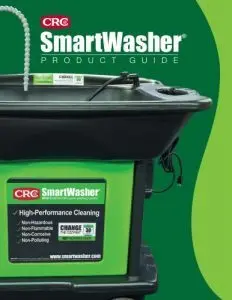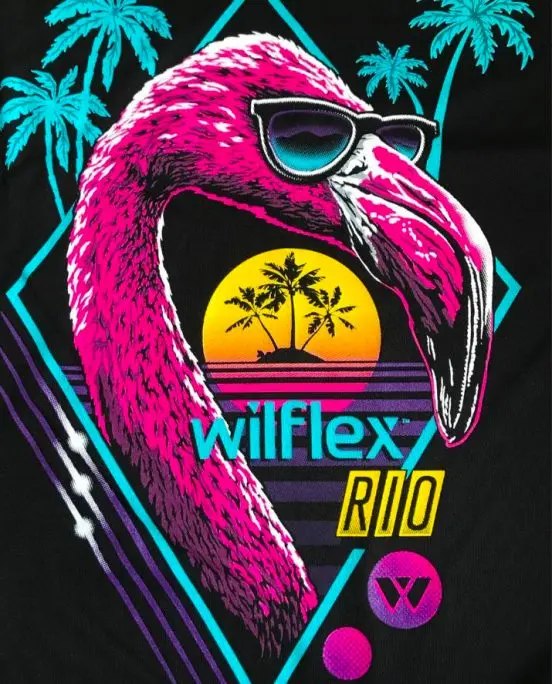Acme Prints uses a special bioremediating, non-hazardous system to remove plastisol ink from all screens, squeegees, floodbars, and spatulas to prevent plastisols from getting into landfills, sewers, and water systems. It's far cheaper for screen printers to put harsh chemicals on ink-covered equipment, spray them with a pressure washer, and simply wash everything down the drain. Which is why 99.9% of screen printers do it. Though completely legal, this process leads to chemicals from plastisols leaching into water tables and is a serious environmental threat. But we choose to pay for the extra labor and specialty equipment to prevent it. Because we're not a-holes.





